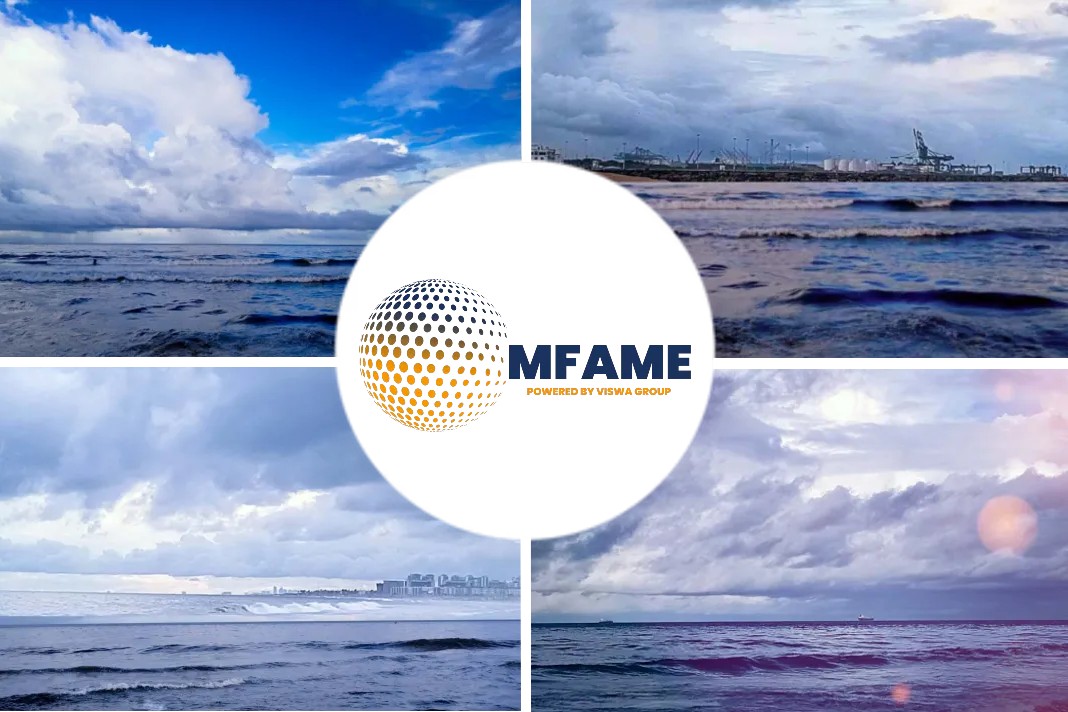
On October 26, 2020, EPA’s Notice of Proposed Rulemaking – Vessel Incidental Discharge National Standards of Performance – was published in the Federal Register for public comments. The proposed rule aims to reduce the environmental impact of discharges, such as ballast water, which are incidental to the normal operation of commercial vessels. When finalized, this new rule will streamline the current patchwork of federal, state, and local requirements that apply to the commercial vessel community and better protect US waters.
VIDA applies to:
- Commercial vessels greater than 79 feet in length;
- Other non-recreational, non-Armed Forces vessels, such as research and emergency rescue vessels; and
- Ballast water only from small vessels (vessels less than 79 feet in length) and fishing vessels of all sizes.
VIDA requires EPA to develop national standards of performance for incidental discharges (similar to the discharges in the EPA 2013 Vessel General Permit (VGP)) by December 2020. Two years after EPA publication of the final Vessel Incidental Discharge National Standards of Performance, the U.S. Coast Guard (USCG) is required to develop corresponding implementation, compliance, and enforcement regulations for those standards, including any requirements governing the design, construction, testing, approval, installation, and use of devices necessary to achieve the EPA standards.
Until the USCG regulations are final, effective, and enforceable, ships are subject to the existing discharge requirements established in EPA’s 2013 Vessel General Permit (VGP) and the USCG’s ballast water regulations, as well as any other applicable state and local government requirements.
The VGP is a USA Clean Water Act, NPDES permit that authorizes discharges incidental to the normal operation of vessels greater than 79 feet in length. The 2013 Vessel General Permit that replaced the 2008 Vessel General Permit, has incorporated a new requirement requiring the submission of an electronically annual report by February 28th covering activities conducted from January 1st until December 31, of previous year. The existing VGP 2013, was planned to be replaced in March 2019. However due to delays, it is still valid and ship owners/managers should comply with the requirements included.
VGP Annual Report Requirements
The Reporting Requirements under the VGP are outlined as follows:
| # | Annual Report Question / Requirement | Applicability | Action/Data |
| 1 | Does your vessel have a ballast water treatment system? | BWTS equipped vessels | Ballast Addendum |
| 2 | Does your vessel have an exhaust gas scrubber? | EGS fitted vessels | EGS Addendum |
| 3 | Does your vessel have an oily water separator (OWS)? | Vsls discharged bilges within 3 NM | Bilge water Addendum |
| 4 | Did you discharge treated or untreated graywater in U.S. waters? | New builts subj to 2.2.15, Large & Medium Cruise Ships subj to 5.1, or 5.2 | Graywater Addendum |
| 5 | Did your vessel store any discharges incidental to the normal operation of vessels on board for onshore disposal? | All vessels | Provide list and disposal method |
| 6 | Did your vessel use environmentally acceptable lubricants for oil to sea interfaces? | All vessels | Name Brands, If not, why? |
| 7 | Did you have to claim a safety exemption for any discharge category, and were therefore unable to meet effluent limits of the VGP? | All vessels | List discharge types and reason(s) for safety exemptions claimed |
| 8 | Did you receive any citations or warnings from EPA or the U.S. Coast Guard for any violations of environmental laws? | All vessels | If yes, please scan and attach. Explain and provide details |
| 9 | Did you have any instances of non-compliance this year (e.g., discharging untreated bilgewater, exceeding numeric effluent limits)? | All vessels | Provide Details (table) with Date, VGP ref, NCO description, cause & corrective action etc. |
Actions required
Ship Managers with vessels covered under the 2013 VGP are required to submit the annual report by February 28th, 2023 (for activities conducted from January 1st, 2022, until December 31st, 2022).
Did you subscribe to our Newsletter?
It’s Free! Click here to Subscribe.
Source: Gard















